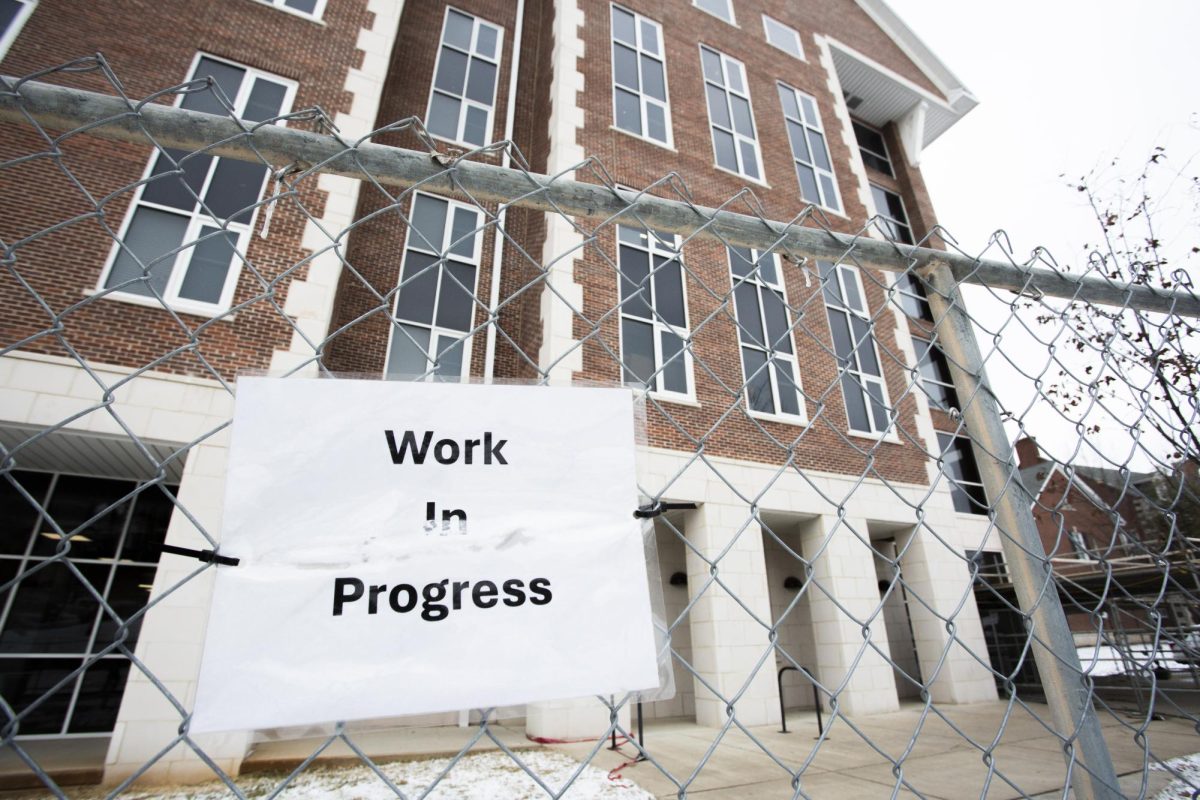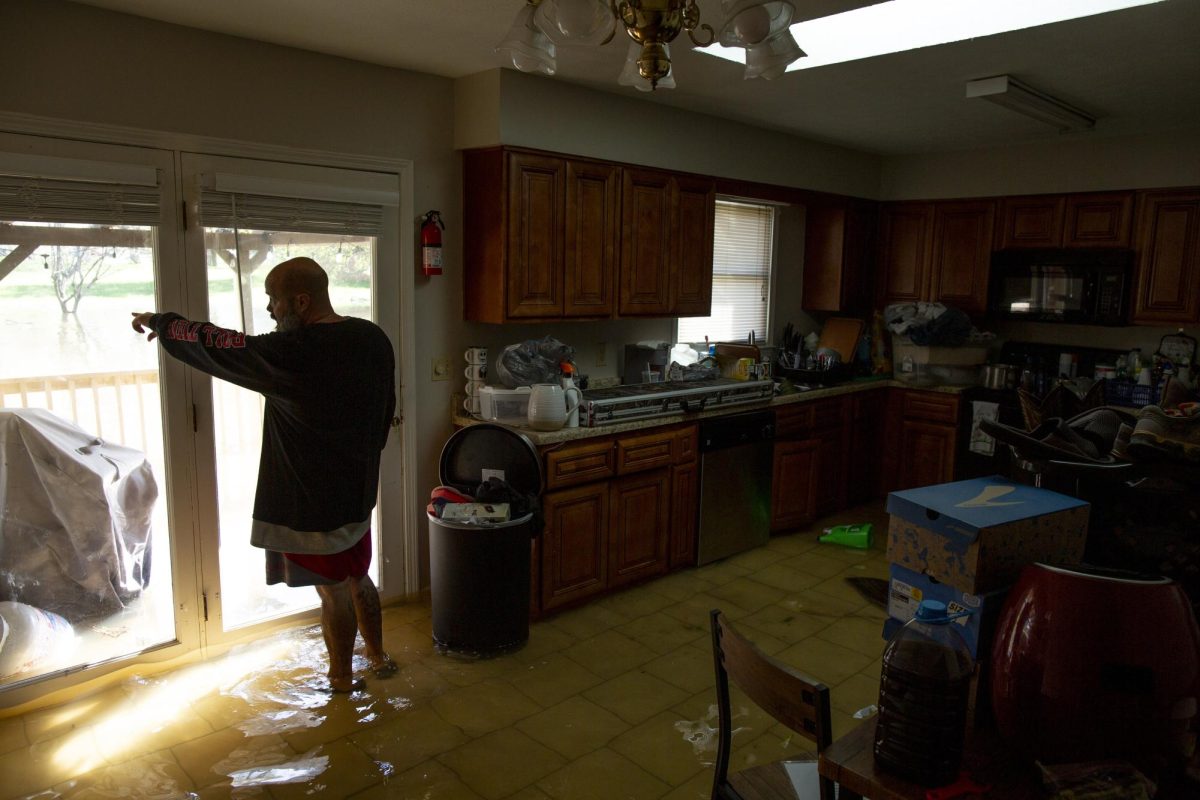New strategy targets international enrollment
February 9, 2017
University enrollment of international students has fluctuated since last year, creating new challenges in recruiting for the International Student Office in the wake of an executive order on immigration.
Currently, 1,042 international students attend WKU. In the official enrollment report of fall 2016, there were 1,168. A 15.2 percent drop occurred between fall 2015 and fall 2016, a decrease of 209 students.
There are several variables measured when looking at retention rates. Some students transfer before they graduate, some are dismissed and others leave for different reasons. This percentage of students who are dismissed or transfer has stayed consistent at about two percent.
Stephanie Sieggreen, director of international enrollment management, said retention is consistent for the moment and international students are graduating at a larger rate.
Because specific areas were targeted in international outreach, students from those countries are starting to graduate in bigger numbers.
“We had certain countries that we’re reliant on for international populations,” Sieggreen said.
To keep the numbers from dropping, ISO is beginning to recruit from regions that were not as targeted in the past including Southeast Asia and parts of Africa. In the near future, Sieggreen said ISO plans to reach out to Latin America and Europe in the future.
By implementing a strategic recruitment plan including virtual and physical outreach in new regions, Sieggreen expects international enrollment to increase again.
After President Donald Trump’s executive order on immigration, the International Student Office began working to provide accurate information to students and help them in making decisions moving forward.
The order only applies to students who have non-immigrant status, but students with non-immigrant status should not fear deportation. They will face difficulty, however, if they leave the U.S. and then try to reenter. The ban does not apply to immigrants with permanent residency in the U.S.
“What’s good for the general public to know is that though they may be OK to complete their studies here, there are other implications that come into play when you have something that affects your home country,” Sieggreen said.
Such factors can include family and political climates in their home countries.
“When you have those personal stressors, those can ultimately take a play within how you’re doing academically,” Sieggreen said. “You have all these other external factors that it’s good for others to know and be cognizant of.”
ISO stays politically unbiased in order to be able to provide students with the facts. Sieggreen said students might see this as being unsympathetic.
“We don’t want to stir up any unnecessary emotions where we really need to provide the right information to those that are involved,” Sieggreen said.
When international students graduate, they have the option of staying in the U.S. for a year to work through Optional Practical Training to gain experience to complement their field. Some might be wary that they will not be accepted now because of the executive order, but Sieggreen said they should not necessarily be worried. These students can still apply, but if they leave to go home after graduation they can experience difficulty coming back into the country.
She recommends that students seek out as much information as possible to educate themselves about their options and to seek out support systems.
“When you’re away from home, you’re away from your family, learning in a different style, education system, you want to try to have as much of a support network as possible,” she said. “There are many departments [at WKU] that are open and compassionate to what’s happening.”
Sieggreen said ISO stays aware of politics around the globe so it is able to counsel students when issues like this come up.
“Fortunately, we have individuals that are properly trained, providing accurate information, staying on top of it, and the students have a lot of resources that they can go to and utilize,” Sieggreen said.
Reporter Callie Miller can be reached at 270-745-0655 and caroline.miller528@topper.wku.edu.













